
Writing With a Broken Tusk
Writing With a Broken Tusk began in 2006 as a blog about overlapping geographies, personal and real-world, and writing books for children. The blog name refers to the mythical pact made between the poet Vyaasa and the Hindu elephant headed god Ganesha who was his scribe during the composition of the Mahabharata. It also refers to my second published book, edited by the generous and brilliant Diantha Thorpe of Linnet Books/The Shoe String Press, published in 1996, acquired and republished by August House and still miraculously in print.
Since March 2024, Jen Breach (writer, VCFA graduate, and former student) has helped me manage guest posts and Process Talk pieces on this blog. They have lined up and conducted author/illustrator interviews and invited and coordinated guest posts. That support has helped me get through weeks when I’ve been in edit-copyedit-proofing mode, and it’s also introduced me to writers and books I might not have found otherwise. Our overlapping interests have led to posts for which I might not have had the time or attention-span. It’s the beauty of shared circles.


Guest Post: Jenn Bailey on Writing Her Henry Series
Ever since my Book Uncle and Me turned into the Book Uncle trilogy, I’ve been paying extra attention to books that start out by standing alone and then take off on their own paths. Some characters seem to demand that their writers turn their lives, adventures, families, and communities into multiple books.
VCFA graduate Jenn Bailey’s wonderfully whimsical character Henry first caught my attention with A Friend for Henry. Henry is a wistful little character, a kid who notices stuff, who’s capable of gleaning insights from the classroom goldfish—a kid with an inner life of consequence. So I was thrilled to see Henry sequels appear: Henry, Like Always, Henry and the Something New, and Henry’s Picture-Perfect Day, with still more to come. Henry, I hasten to add, did not disappoint. Each book enriches and expands on its quirky young character and his lovingly drawn community.
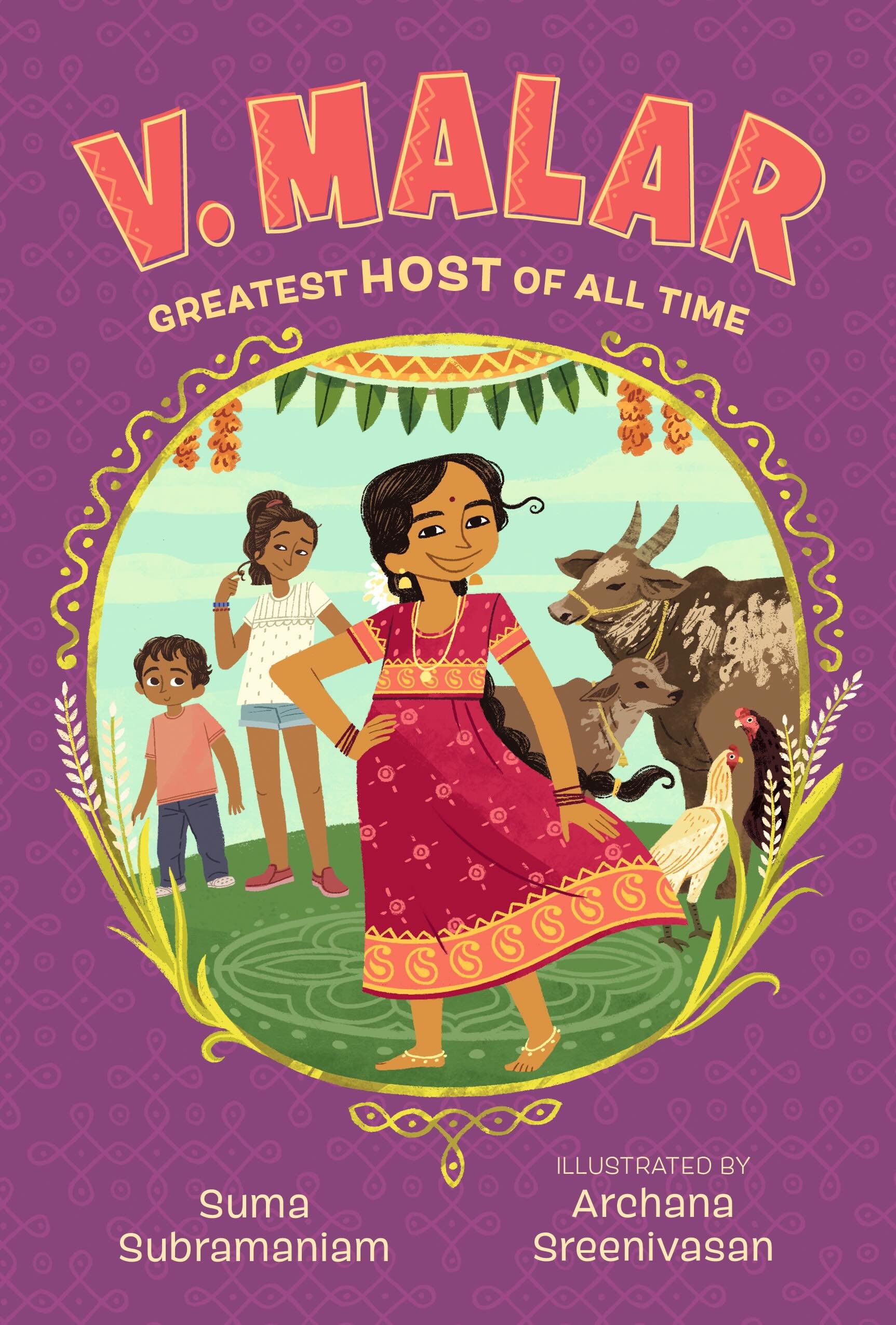
Process Talk with Jen: Suma Subramaniam on V. Malar: Greatest Host of All Time
[Posted by Jen Breach for Writing With a Broken Tusk]
Suma Subramaniam’s V. Malar: Greatest Host of All Time is a glorious celebration of Southern Indian culture, diaspora, and family, all told in a personal, intimate story between a young Indian girl and the American-raised cousin she is meeting for the first time. The layers are nuanced and stunningly brought to life.
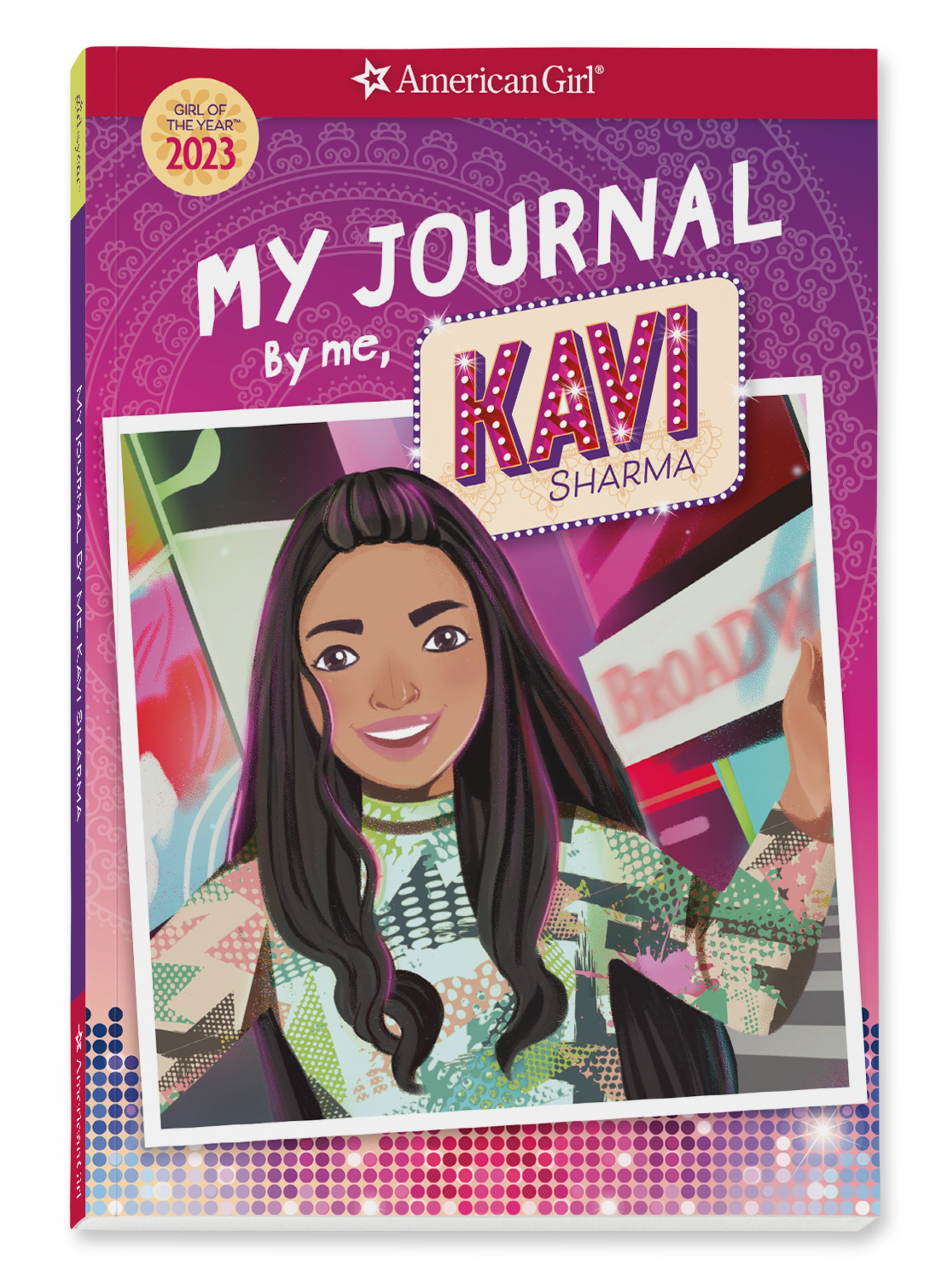
Guest Post: Varsha Bajaj on Kavi, 2023 American Girl
Picture book and middle grade novel writer Varsha Bajaj’s poignant story about a girl pursuing water justice in Mumbai has been described as “a powerhouse of a middle grade book,” “a valiant call for justice.”
Now Varsha takes on quite another kind of writing project—the companion books to the 2023 American Girl doll, our own South Asian American Girls Doll—Kavi. Varsha writes here about how this project came to be.
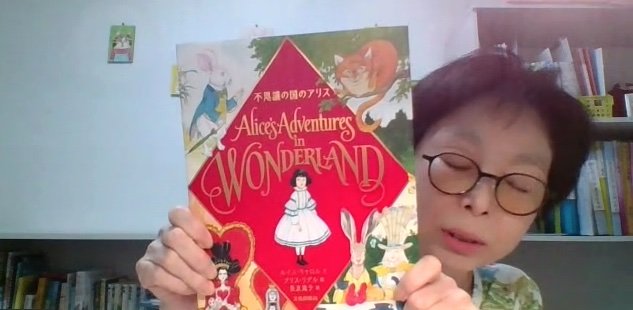
Process Talk: A Conversation with Translator Keiko Nagatomo, Part 2
Japanese translator Keiko Nagatomo and I traded emails and followed up with a Zoom call. Here are a couple of snippets from that video, along with Keiko reading chapter 1 of the Japanese edition of Nook Uncle and Me.
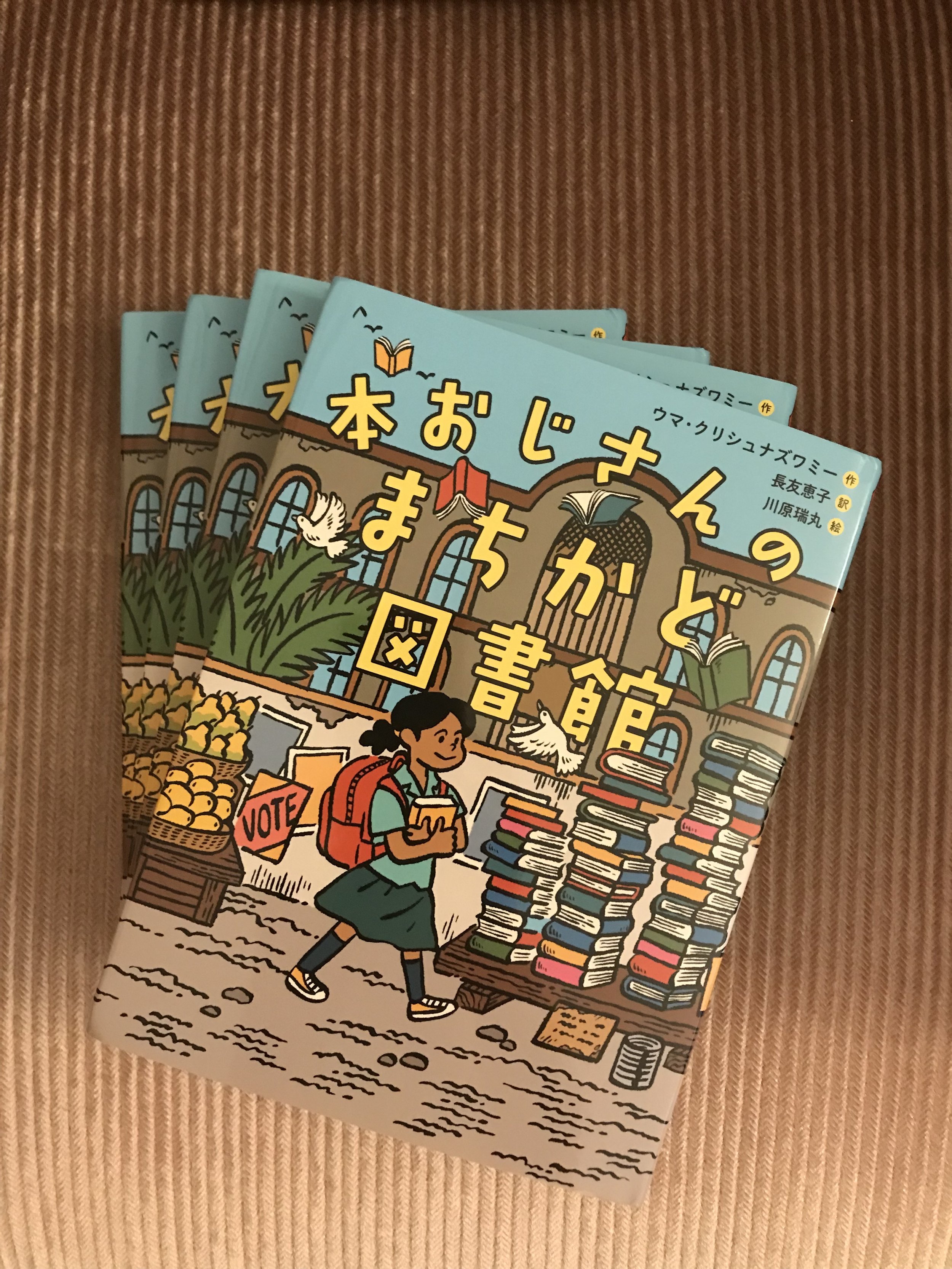
Process Talk: A Conversation with Translator Keiko Nagatomo, Part 1
While Keiko Nagatomo was working on translating Book Uncle and Me into Japanese, she sent me some questions through my agent—things she was puzzled by or want to know more about.
Never has a translator of any of my books reached out that way before. We ended up having a delightful correspondence. In turn, Keiko graciously consented to answer my questions.
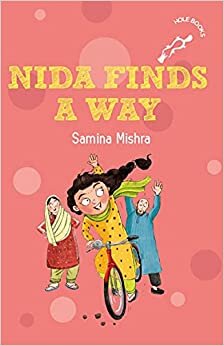
Process Talk: Samina Mishra on the Agency of Children
Here’s my continuing conversation with writer and filmmaker Samina Mishra.
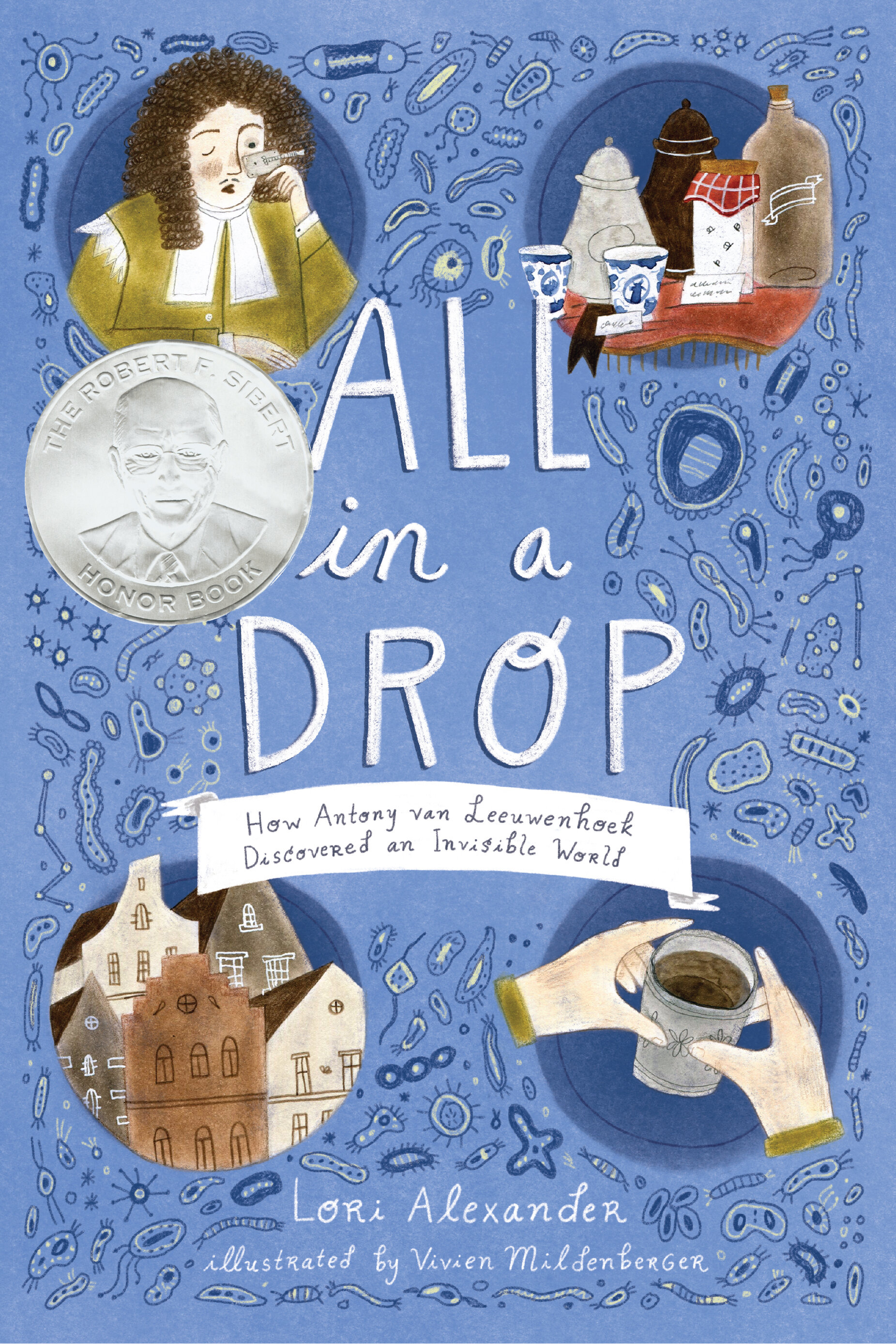
Invitation to the Invisible World
Long before our present-day preoccupation with invisible germs, Antony van Leeuwenhoek peered into a world of miniature life present in and around us.
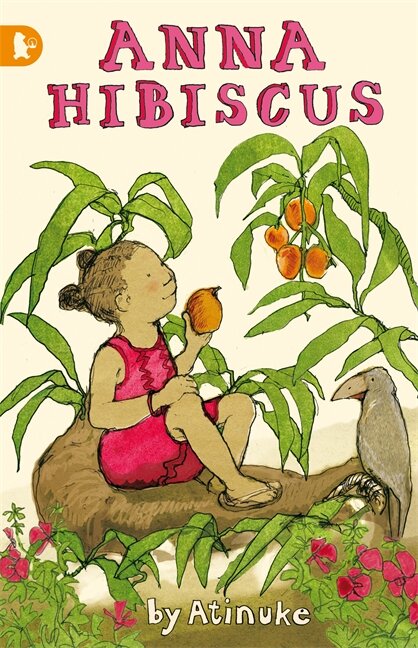
Mirrors? Windows? How About Prisms?
Monica Edinger has an interesting post about some of my favorite chapter books, the Anna Hibiscus books by Atinuke.
Elsewhere, I've suggested prisms as a concept, something to add to the usual array of glassy metaphors about reading. I maintain that cultural content in children's books needs to be woven into the story so the authors intention is not stamped all over it. It needs to be taken for granted by the character concerned, the way Anna takes her melded identity.
